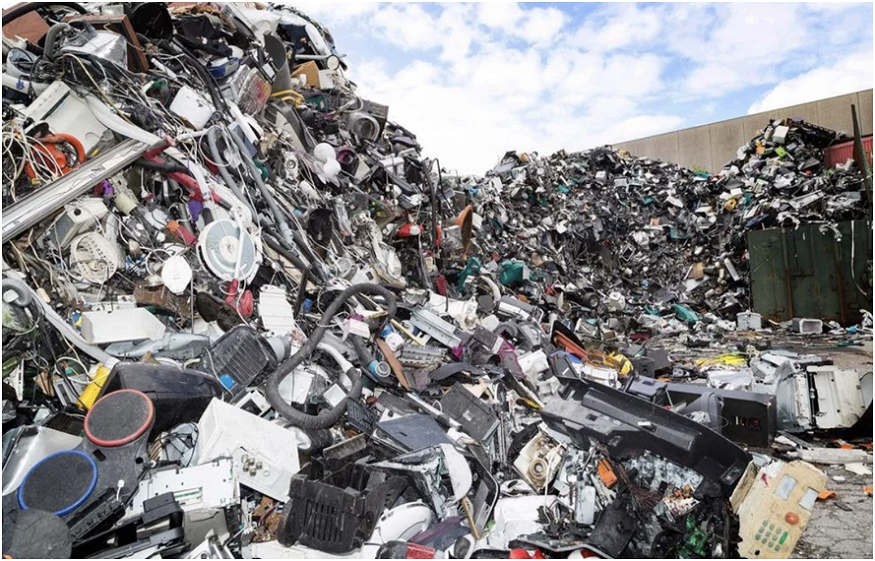Imagine that you have a treasure chest and all your valuable possessions are inside. Because the chest is secured with a strong lock, you feel safe knowing that they are safe.
Problem is that a thief only needs to figure out how to open the lock to take your valuable possessions. Instead, they have to access electronic data stored on our smart phones and laptops. We store everything, from bank information to credit card numbers, medical records, and other sensitive data, on our devices in this digital age.
Online commerce is convenient. We love the ease of making purchases online, withdrawing money from banks, updating our personal information, and paying our premium for health care. All of this information is stored on our electronic devices.
Just like the proverbial treasure box with the lock, identity thieves only need to figure out how to pick the lock.
What does Data Security refer to?
Data security is an ongoing and important concern. However, it has taken on greater importance recently due to e waste.
Technology is constantly improving the capabilities of our smartphones, laptops, and other devices. There has been a rush for newer, more advanced versions to replace the older ones. This means that their older devices are being thrown away, or even thrown with their trash.
Your Device Still Has Residual Data
What far too few electronics users realize is the huge risk they are taking by doing this. Their personal information remains on the device, even if it’s not in use. Even if they believe they have deleted it and sent it off to the Recycle Bin.
Many people don’t realize how difficult it is to erase all data from a computer hard drive. Hackers can still access your personal information including passwords and credit card numbers if hard drives aren’t properly destroyed.
E-Waste and Data Security go hand-in-hand
It is important to recycle, but not in your laptop’s recycling bin. It’s crucial to take your laptop, computer, or mobile phone to eCycle Florida if they aren’t working properly. The staff includes security experts who can wipe your device of any sensitive information.
What happens to data when devices stop working?
The Miami Sheriff’s Station hosted a program called “Safe and Secure Collection Event”. This allowed residents to dispose of sensitive documents and other electronic devices in a safe and secure environment.
Residents were able to dispose of anything from old credit cards and computer disks to electronic devices such as hard drives and laptops, thanks to the staff at the sheriff’s department in this Southern Florida neighborhood.
They also had an educational goal: to remind people that mobile phones and old computers should be recycled because they are a treasure trove of personal information for criminals. The original owner of the computer should not treat it as trash. This can invite identity theft specialists to have a field day.
The sheriff’s office wants to communicate that message to electronic device owners, especially at a time where people are replacing electronics faster than ever. Worldwide, e-waste is increasing rapidly.
It is easy to save hard drives and then sell them to organized criminals who are skilled in unlocking the security barriers that prevent access to data.
It’s not surprising that New York has banned electronic waste from being placed in landfills. Data security is also a concern.
Your iPhone may have some of your private information stored on it, even if it’s cracked. The data you leave behind is a treasure trove for dumpster diving thieves.
Reno, Nevada was the site of a fraudulent Craigslist listing that claimed to offer free e-waste collection. However, it was being used to defraud people of their electronic data. Criminals know how many treasures you have on your device.
Even if you have deleted all your data and wiped your drives clean, hackers are skilled at recovering lost data. There are even software programs that can extract data from deleted files.
Professional recycling companies will not only take apart your devices to make it usable, but they can also help you secure your devices by ensuring that nothing is left behind.
Are Businesses also vulnerable?
E-waste owners are not the only ones at risk of giving their personal data to data thieves. If they dispose of the equipment as garbage, businesses that replace personal computers, company laptops and office phones can also be vulnerable.
Idaho Power Company disposed of several hard drives belonging to its company in 2006. However, it did not wipe them clean. Later, they discovered that some of the sensitive corporate data had been sold on eBay. These drives contained proprietary memos and confidential information from employees.
As any business owner knows, outdated disks or devices containing personal information about employees or clients can lead to a financial and legal nightmare.
Businesses that frequently have to dispose of old electronics such as computers, printers, or phones, should not throw them out.
While some companies might attempt to destroy data internally, it is better to hire professionals who have the necessary equipment and skills to remove data from hard drives.
Bottom line: E-waste is here to stay and is now part of business for all companies. Companies need to make sure that their reputation, sensitive company data, and customer identities are protected. Any business that is connected to another company runs the risk of security breaches.
Conclusion
Individuals and businesses are both at risk from e-waste. Eradication data is the best way to fight it, but many people and companies don’t know how to do this.
You can turn these devices over to eCycle Florida which has many years of experience in environmentally friendly electronic product recycling.
eCycle will take these items apart and make them into components. The parts that have any value can then be sold to get new ones. Some parts can be used to recover metals. All parts of your device are recycled.
They are your data security experts. eCycle Florida will recycle your hard drives without worrying about what data they might have. eCycle Florida can completely destroy all hard drives using their in-house data elimination process. eCycle Florida can securely destroy personal, confidential, or classified data. They also issue certificates of destruction and certificates of data sanitation upon request.
This post was written by Steven Elia Co-Founder and Recycling Director at eCycle Florida. eCycle Florida is a R2 Certified electronics recycling company in the state of Florida. Our processes and procedures are dedicated to the proper destruction and recycling of your electronics. eCycle Florida is your go-to for Pinellas County electronics disposal.




